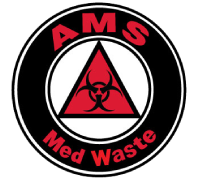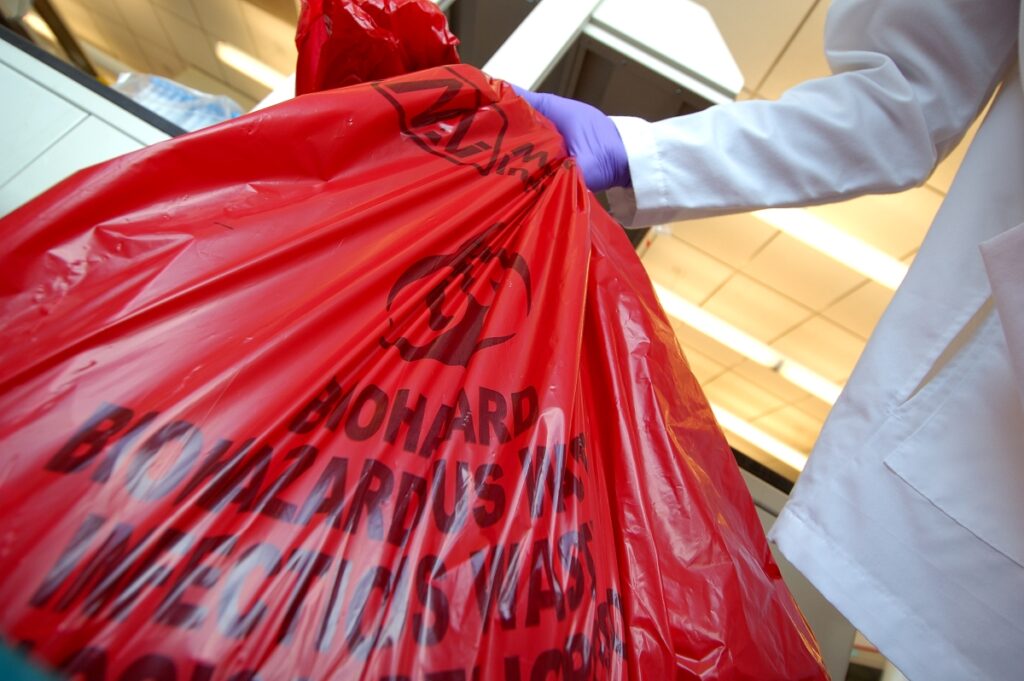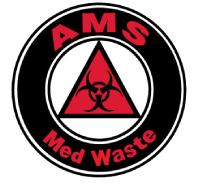The healthcare industry, with its vast range of services and procedures, generates a substantial amount of waste. This waste comes from a variety of healthcare facilities, including hospitals, clinics, laboratories, dentist offices, nursing homes, and other healthcare providers. Each type of facility has unique needs when it comes to handling and disposing of medical waste, but one common aspect across all is the use of ‘Red Bag’ waste disposal. This method is crucial not only for maintaining cleanliness but also for ensuring the safety of staff, patients, and the general public.
In this comprehensive guide, we’ll explore what constitutes ‘Red Bag’ waste, how it should be handled, and why proper disposal is paramount. Together, let’s delve into the world of healthcare waste management to better understand the role we all play in fostering a safer environment.
What is Red Bag Waste?
Red Bag waste, often referred to as biohazardous or potentially infectious waste, encompasses a variety of waste materials potentially harmful to humans or the environment. These materials include items that have been contaminated with blood, body fluids, and other infectious materials. The risk associated with these waste materials makes their proper disposal critical to maintaining public health standards.
The Contents of the Red Bag
Sharps and Biohazardous Glassware
Sharps waste refers to objects capable of piercing or cutting the skin, including needles, scalpels, and broken laboratory glassware. These items are particularly hazardous and should be placed in a puncture-resistant sharps container before being disposed of in the red bag to prevent accidental injury.
Laboratory Waste
This category encompasses used specimen cultures and other disposable items used in laboratory tests that could contain infectious agents. Laboratory waste requires careful handling to prevent the spread of disease.
Pathological Waste
Pathological waste includes human tissues, organs, and body parts, often resulting from surgeries or autopsies. This type of waste must be handled with utmost care due to its potential for carrying infectious diseases.
Blood and Blood Products
Items soaked with blood or blood products like plasma also fall under red bag waste. Common examples include gauze, gloves, or bandages.
Handling and Disposal of Red Bag Waste
Correct Bagging
All red bag waste should be securely placed in specially marked, leak-proof red bags. These bags should be placed in a specially designed and clearly labeled carton or container for safe transport of potentially hazardous waste to disposal facilities.
Proper Storage
Once filled, red bags should be stored in a designated, secure area while waiting for pickup by a licensed medical waste hauler. This step minimizes the risk of contamination or accidental exposure.
Professional Medical Waste Disposal
One of the most important tasks in healthcare is the proper disposal of medical waste. This isn’t your everyday household trash; it’s specialized waste, often referred to as ‘red bag’ waste due to its high-risk nature. The management and disposal of such waste require a level of professional handling that goes above and beyond regular waste disposal protocols.
Healthcare facilities, aware of the potential hazards and ramifications of improper disposal, often turn to medical waste management companies for handling this crucial task. These companies are equipped with the necessary knowledge, skills, and equipment to deal with such hazardous waste effectively and safely.
The Importance of Proper Disposal
Proper disposal of red bag waste is crucial for several reasons. It safeguards healthcare workers and patients from potential infection and prevents environmental contamination. Additionally, it’s a legal requirement, and failure to adhere to proper disposal procedures can result in substantial fines and penalties.
As you can see, in the healthcare industry, waste management goes beyond maintaining cleanliness – it’s a critical component of public safety. By understanding what goes into the red bag and adhering to best practices for its disposal, we can all contribute to creating a safer, healthier world.
Let’s Make Healthcare Waste Management Easier with AMS MedWaste
Managing Red Bag waste is a crucial aspect of healthcare services. At AMS MedWaste, we are dedicated to providing comprehensive and compliant waste management solutions. Our professional team is always ready to assist you in categorizing and disposing of your waste materials properly. We offer a variety of container types and sizes tailored to meet your specific needs. Furthermore, we work towards converting your medical waste into usable fuel that burns cleaner than coal, contributing to a more sustainable environment. If you have any questions or if you’re ready to begin using our services, don’t hesitate to reach out to us. Your safety and the health of our planet are our top priorities.






